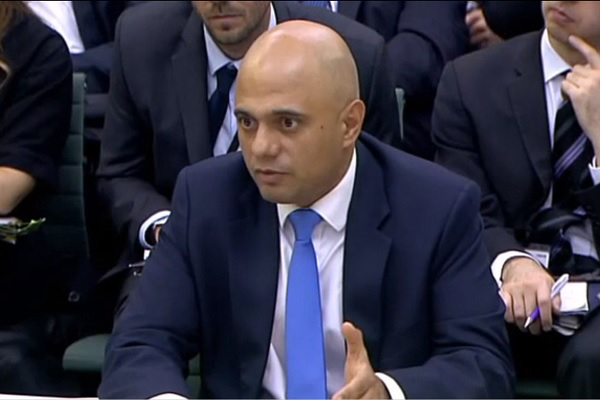Associations pitch £100bn borrowing scheme to PM
Housing associations have pitched a new borrowing scheme for sub-market housing to Number 10, Treasury and the Department for Communities and Local Government ahead of tomorrow’s Budget.
The idea, which was outlined in a July report by thinktank Respublica, has been pitched to officials scrambling for potential solutions to the housing crisis by a group made up of Peabody, Clarion, Network, Great Places and Aster.
The proposal is for the government to use its cheap borrowing costs to invest £100bn over the next 10 years in housing priced between 80% and 90% of market cost.
The money would go into a ‘National Housing Fund’ to be managed by a group of housing associations, jointly with the government. The fund would then be spent on building homes, either by the associations themselves or by developers.
The government’s interest costs would be paid out of rental income, while any deals with developers would include pre-purchase agreements to remove sales risk in exchange for the developer accepting a lower profit margin.
Communities secretary Sajid Javid is understood to have heard the pitch shortly before calling for £50bn of extra borrowing over five years in a BBC interview.
Chancellor Philip Hammond apparently rejected the idea of extra borrowing in parliament a few days later, but Mr Javid used a speech in Bristol last week to call again for a “giant leap” in new housebuilding.
According to Brendan Sarsfield, chief executive of Peabody, part of the idea is to reduce the general level of risk in the sector posed by a possible downturn.
He said builders and housing associations have to be cautious at the moment because of the economic uncertainty caused by Brexit, and government could use its borrowing powers to provide more certainty.
He explained: “If you can smooth out that [boom and bust] curve, through having a consistent investment in the market, it encourages people to invest in training and skills and it will enable people to invest in things like modern methods of construction. Because a factory can’t be sustained through boom and bust. You need regular buyers to make that work.”
Vote in our Twitter poll:
Should @theresa_may adopt the £100bn National Housing Fund idea pitched by a group of HAs? #ukhousing t.co/KhFBtiic6c
— Inside Housing (@insidehousing)Should @theresa_may adopt the £100bn National Housing Fund idea pitched by a group of HAs? #ukhousing https://t.co/KhFBtiic6c
— Inside Housing (@insidehousing) November 21, 2017
Reaction on social media:
Interesting model but would underwriting sales risk only go so far. Developer profit is assumed from a hurdle rate which investors seek a minimum return. Does the problem lie with the investors/shareholders who drive the levels of profit indirectly?
— Tom Evans (@Beagleblazer)Interesting model but would underwriting sales risk only go so far. Developer profit is assumed from a hurdle rate which investors seek a minimum return. Does the problem lie with the investors/shareholders who drive the levels of profit indirectly?
— Tom Evans (@Beagleblazer) November 21, 2017
Can we see the model in Ireland? We have a need for this level if investment but no real action on getting there with it. It all feels too slow. We need more action and fewer initiatives. #listen2thosewhoknow
— Circle VHA (@CircleVha)Can we see the model in Ireland? We have a need for this level if investment but no real action on getting there with it. It all feels too slow. We need more action and fewer initiatives. #listen2thosewhoknow
— Circle VHA (@CircleVha) November 21, 2017
What do you think of the National Housing Fund idea?, tweet @insidehousing or leave a comment below.











